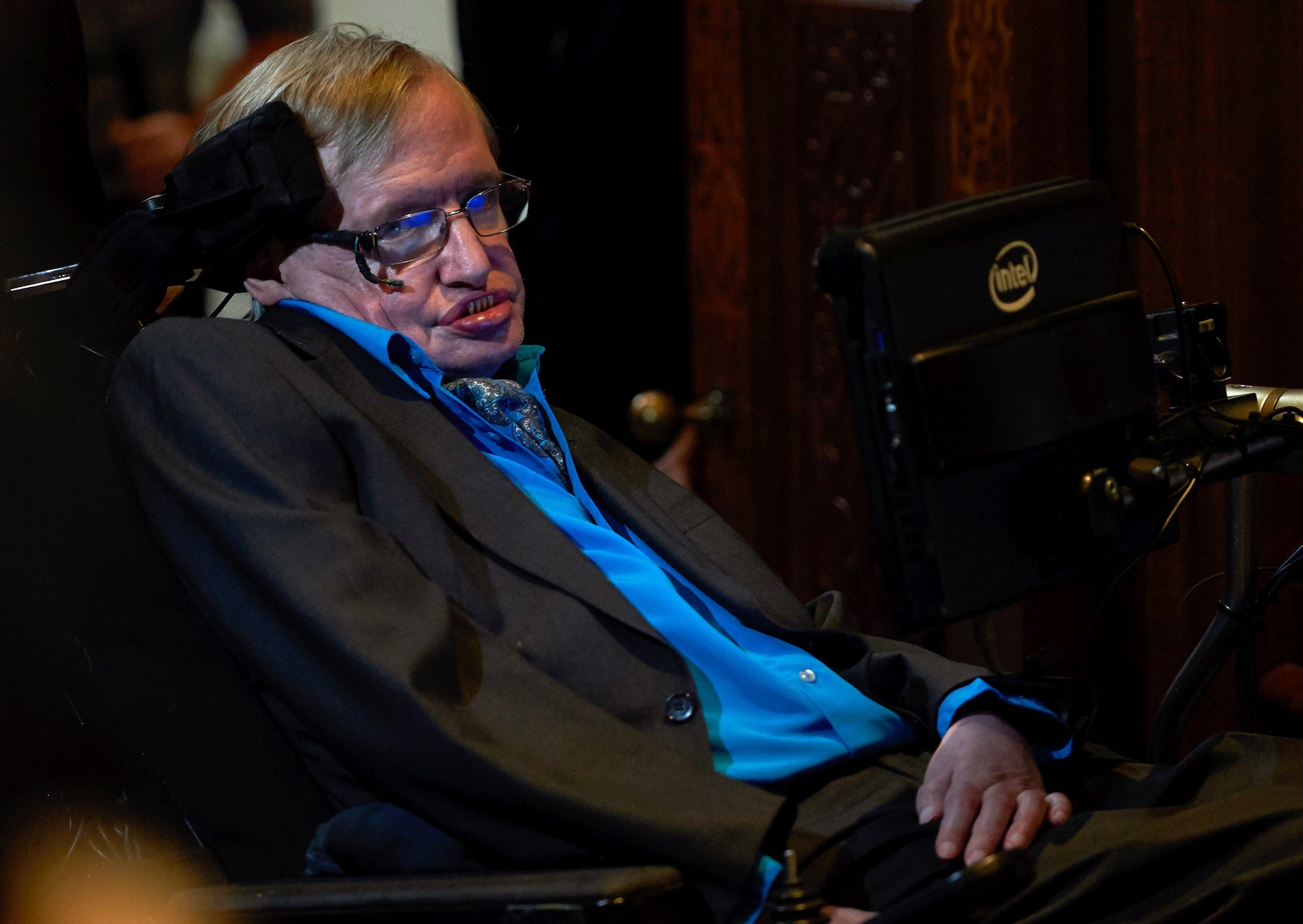Stephen Hawking: Humanity is going to use science and technology to wipe itself out, professor warns
Nuclear war, global warming and genetically-engineered viruses all pose a threat — but we might be able to save humanity if we escape the Earth in time

Stephen Hawking has warned humanity that it is likely to wipe itself out — unless it manages to escape the Earth.
Unfortunately such space colonies aren’t going to arrive any time soon, according to the Cambridge professor. “We will not establish self-sustaining colonies in space for at least the next hundred years, so we have to be very careful in this period," the physicist said.
As such, we should look to “recognise the dangers and control them” to ensure our continuing survival, he said.
Professor Hawking warned that those dangers could come from nuclear war, global warming and genetically-engineered viruses, the BBC reported. The chances of those things are increasing, he said — and there is perhaps little humanity can do about it.
"Although the chance of a disaster to planet Earth in a given year may be quite low, it adds up over time, and becomes a near certainty in the next thousand or ten thousand years,” Hawking said in advance of the BBC Reith Lectures, where Professor Hawking will lay out his research into black holes.
“"By that time we should have spread out into space, and to other stars, so a disaster on Earth would not mean the end of the human race.
"However, we will not establish self-sustaining colonies in space for at least the next hundred years, so we have to be very careful in this period."
Despite being one of the world’s leading researchers in science and technology, Professor Hawking has repeatedly warned that they could bring huge damage to the human race. He has warned that humanity is creating huge dangers in viruses, artificial intelligence and global warming.
But Professor Hawking said that he was an “optimist”, and that he believes we can control the dangers.
Giving advice to potential scientists, he said that they should help the public to understand where those advances are going.
“"It's important to ensure that these changes are heading in the right directions. In a democratic society, this means that everyone needs to have a basic understanding of science to make informed decisions about the future.
"So communicate plainly what you are trying to do in science, and who knows, you might even end up understanding it yourself."
Join our commenting forum
Join thought-provoking conversations, follow other Independent readers and see their replies
Comments